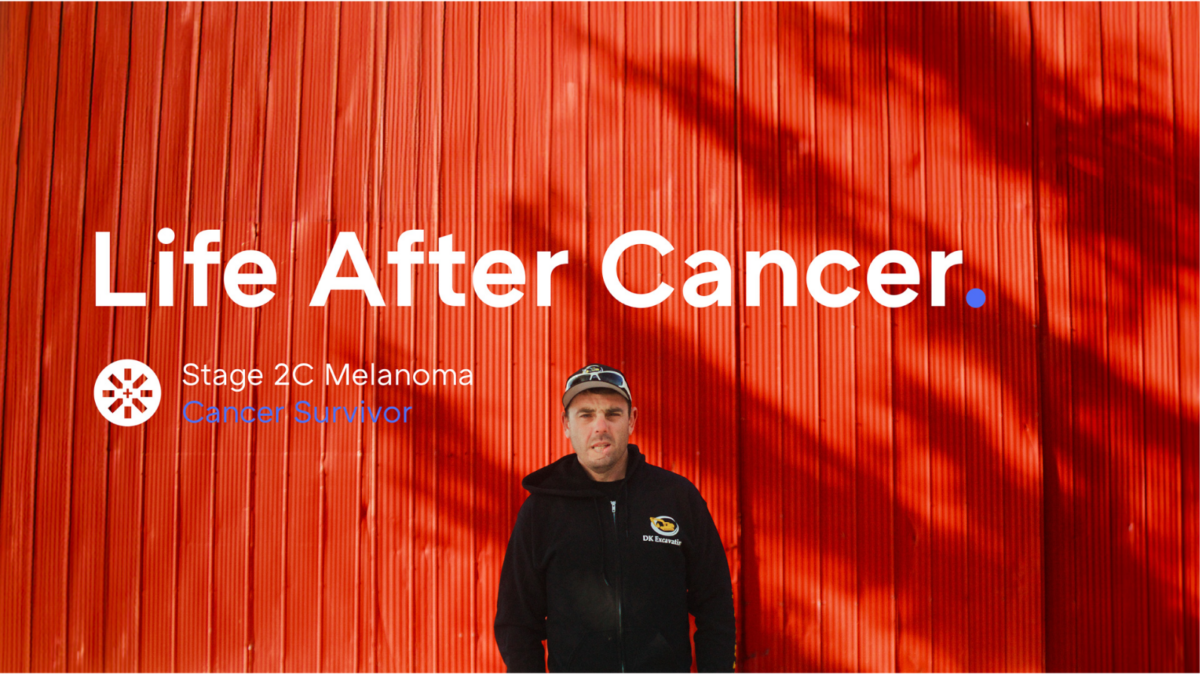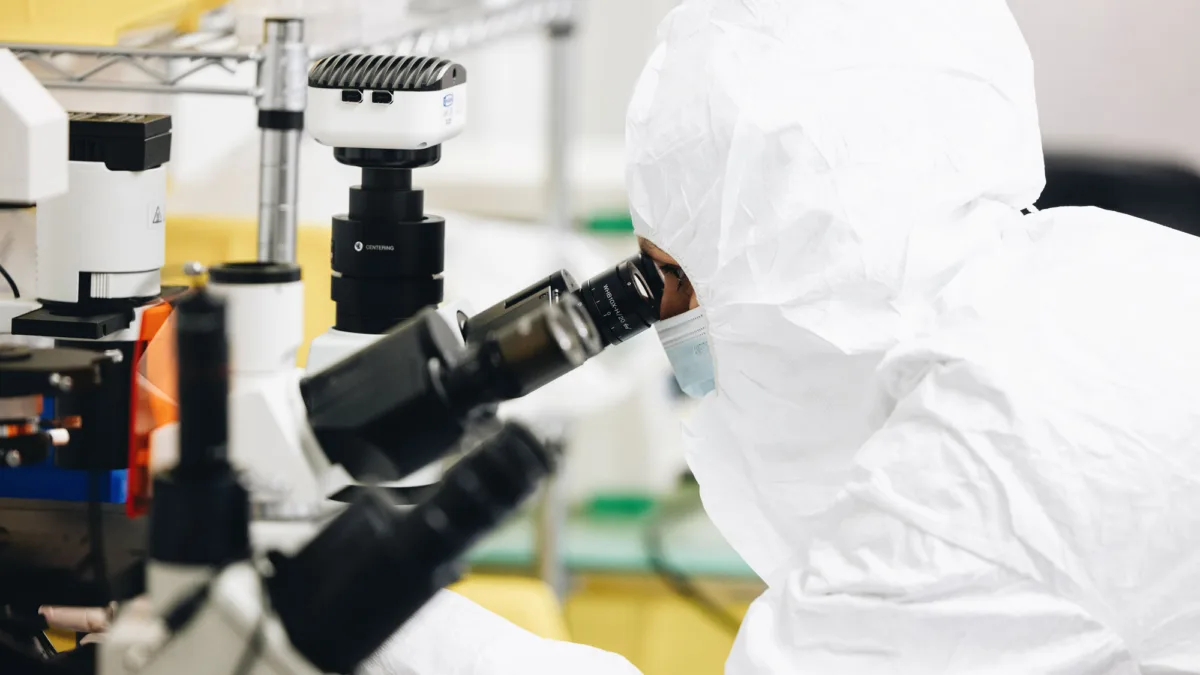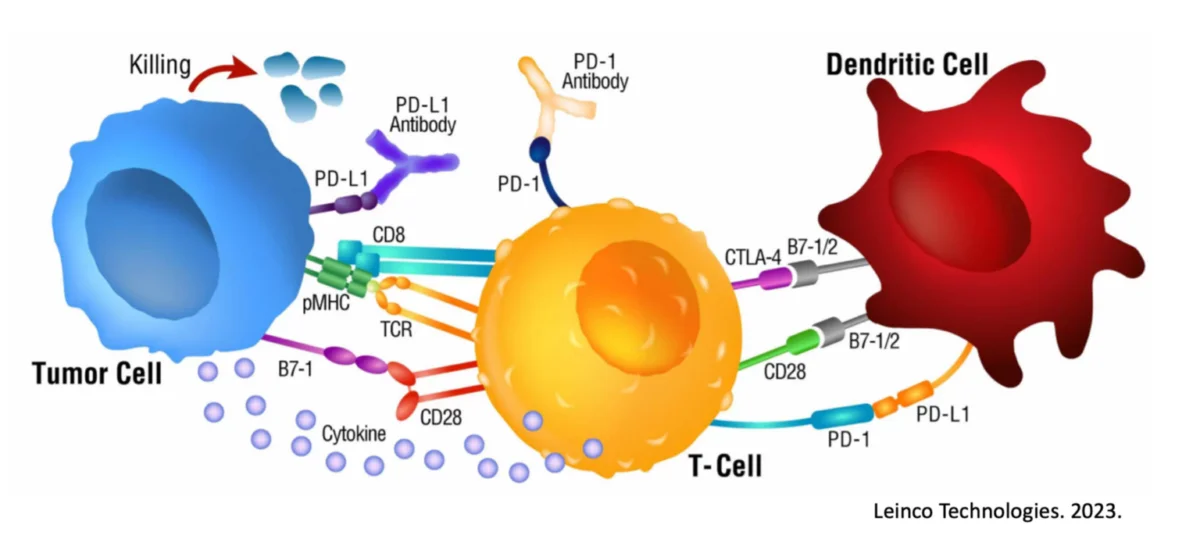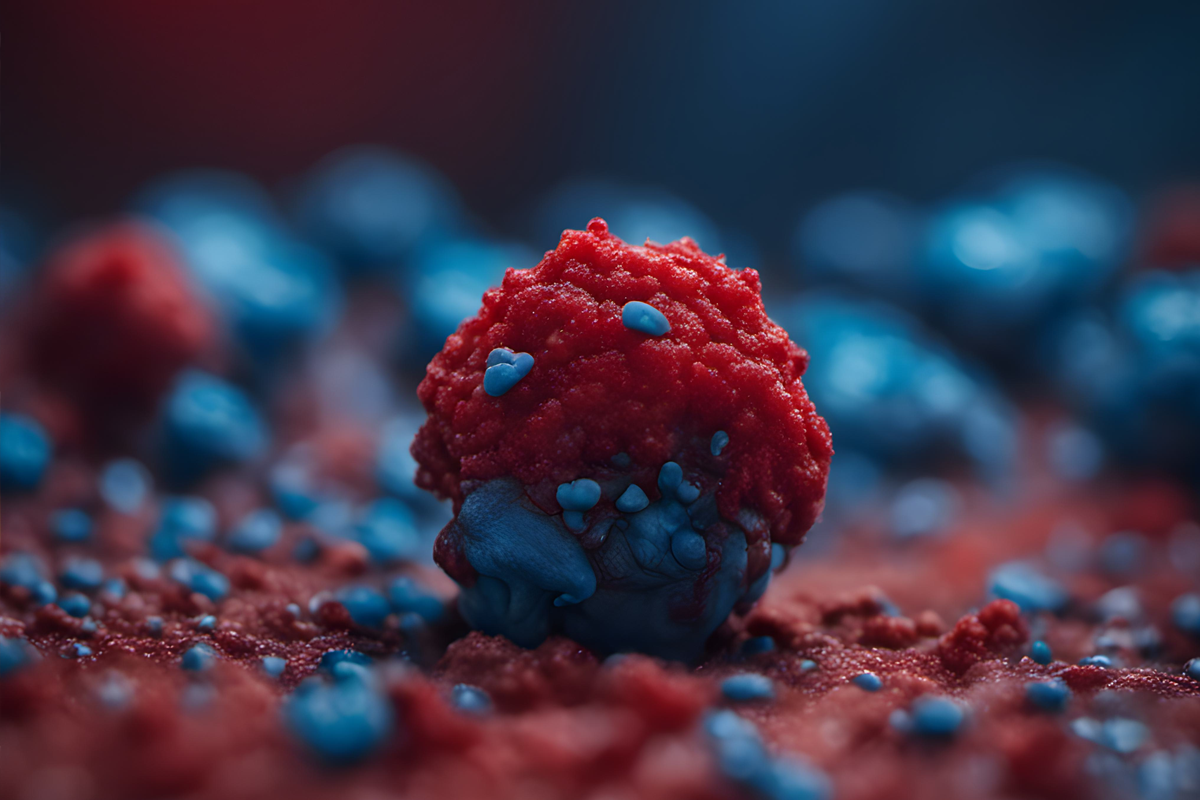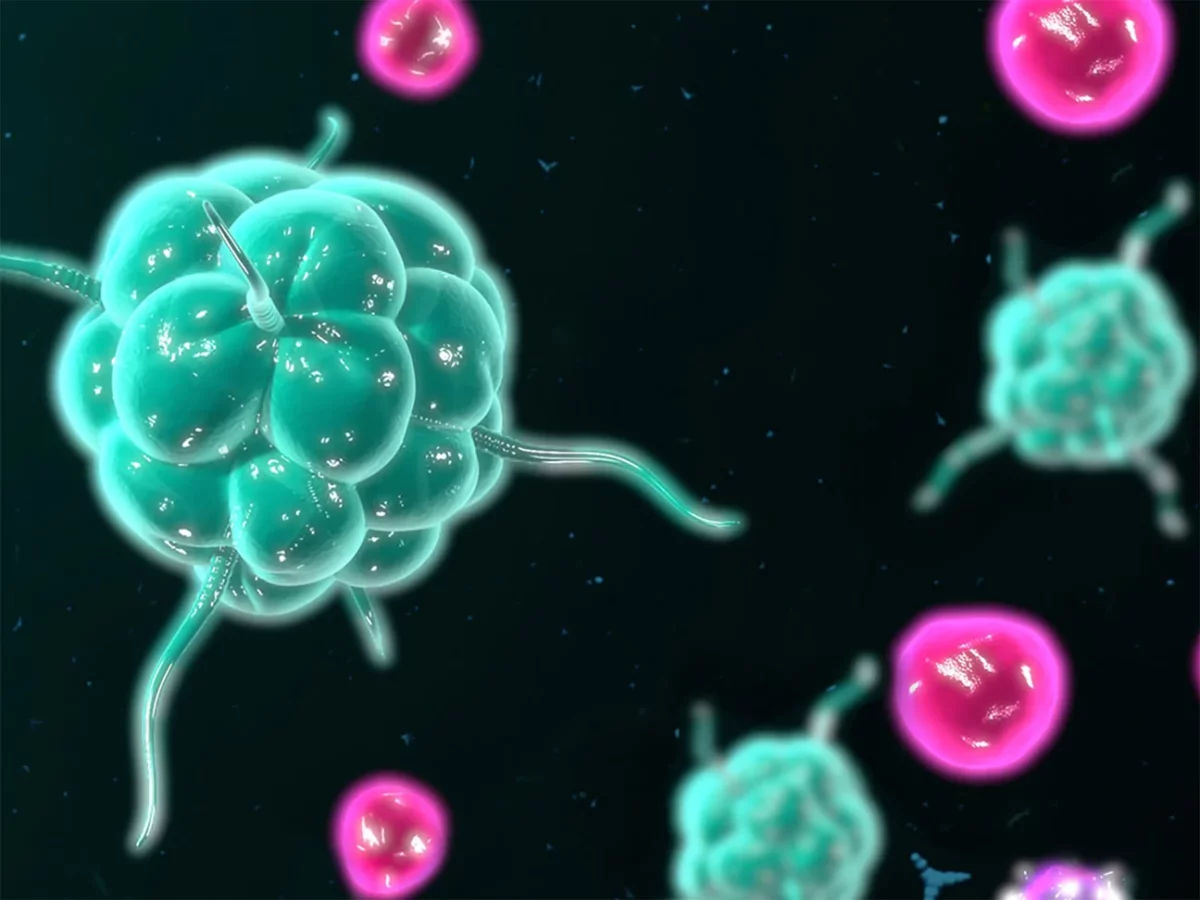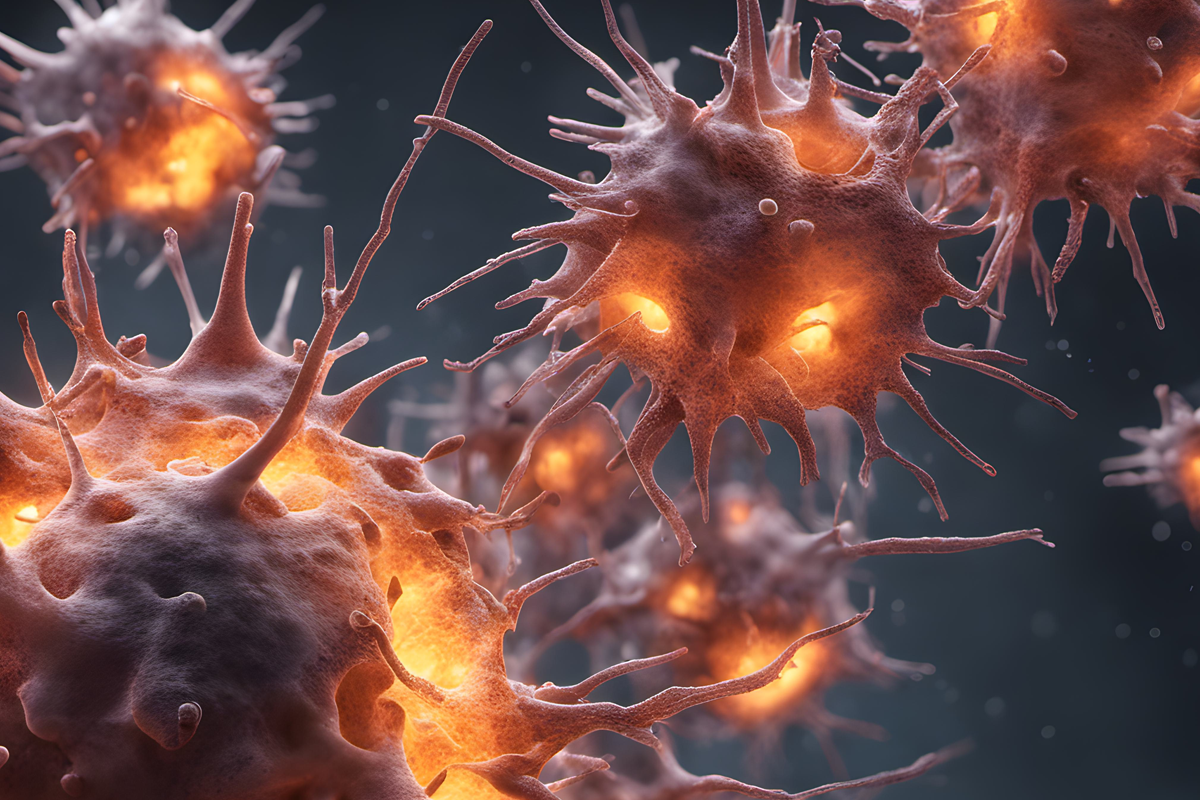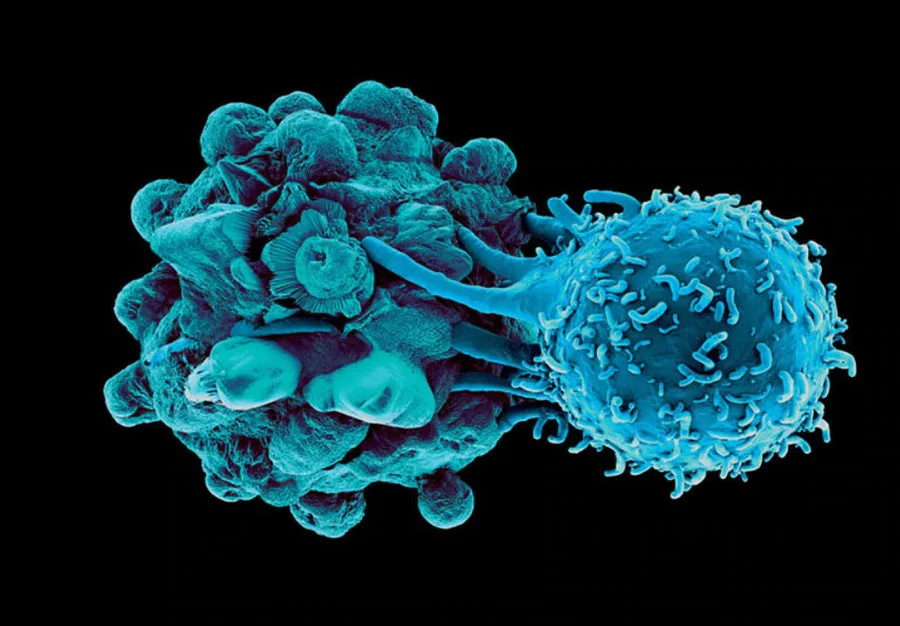Understanding Cancer Markers: Unveiling the Promise and Limitations

Cancer, a complex group of diseases characterized by uncontrolled cell growth, has been a significant challenge for medical science. Over the years, researchers have developed various tools and techniques to diagnose, monitor, and treat different types of cancers. One such tool that has gained prominence in the realm of cancer detection and management is the cancer marker1. In this blog, we’ll delve into what cancer markers are, how they’ve evolved, their utility, limitations, and the transformative impact of immunotherapy on their role.
What is a Cancer Marker?

A cancer marker, also known as a tumor marker, is a molecule produced by cancer cells or by the body in response to the presence of cancer. These molecules can include proteins, enzymes, hormones, or even genetic material. The primary purpose of cancer markers is to provide healthcare professionals with valuable information about the presence, extent, and behavior of cancer within a patient’s body. They are commonly used for cancer screening, diagnosis, prognosis, treatment monitoring, and detecting cancer recurrence2.
Origins and Evolution of Cancer Markers
The history of cancer markers dates back to the mid-20th century when scientists first identified specific molecules that were elevated in the blood of cancer patients. The most famous early example is alpha-fetoprotein (AFP), a marker associated with certain types of liver and germ cell cancers3. However, it wasn’t until the late 20th century that more sophisticated technologies enabled the discovery of a wider range of cancer markers4.
Utility of Cancer Markers
Cancer markers have proven to be immensely valuable in clinical practice. They offer several benefits5:
1. Early Detection and Screening: Some cancer markers can be used for early detection, allowing healthcare providers to identify cancer at its initial stages when treatment is often more effective.
1. Early Detection and Screening: Some cancer markers can be used for early detection, allowing healthcare providers to identify cancer at its initial stages when treatment is often more effective.

3. Prognosis Prediction: The presence and levels of certain markers can provide insights into the likely course of the disease and help tailor treatment plans.
4. Treatment Monitoring: Cancer markers are used to track a patient’s response to treatment, enabling adjustments as needed to optimize therapy.
5. Recurrence Detection: Monitoring marker levels after initial treatment can aid in the early detection of cancer recurrence.
Limitations of Cancer Markers
While cancer markers have revolutionized cancer care, they are not without limitations6, 7:
1. Specificity and Sensitivity: Many cancer markers are not specific to one type of cancer and can be elevated in other conditions, leading to false positives.
2. Normal Variability: Some markers may naturally vary within a healthy population, making it challenging to establish a universal “normal” range.
3. False Negatives: Some cancers may not produce detectable levels of specific markers, leading to false negatives.
4. Non-Marking Cancers: Not all cancers produce elevated levels of identifiable markers, rendering them less useful in those cases.
Immunotherapy’s Influence on Cancer Markers

The advent of immunotherapy, a groundbreaking treatment approach that harnesses the body’s immune system to target and fight cancer cells, has transformed the way we perceive and use cancer markers. Unlike traditional treatments like chemotherapy, immunotherapy often leads to distinct changes in the immune response that can impact the levels of certain markers8, 9, 10. These changes can complicate the interpretation of marker levels, making it essential for healthcare professionals to adapt their understanding of these markers in the context of immunotherapy.
In Conclusion
Cancer markers have significantly advanced our ability to detect, diagnose, and manage cancer. They offer valuable insights that help guide treatment decisions and improve patient outcomes. However, it’s crucial to recognize their limitations and the evolving landscape of cancer treatment, particularly with the integration of immunotherapy. As science and technology continue to progress, cancer markers will likely become even more refined and integrated into a holistic approach to cancer care, ushering in a new era of precision medicine.
References
1. Duffy, M.J. Tumor markers in clinical practice: a review focusing on common solid cancers. Med Princ Pract 22, 4-11 (2013).
2. McShane, L.M. & Hayes, D.F. Publication of tumor marker research results: the necessity for complete and transparent reporting. J Clin Oncol 30, 4223-4232 (2012).
3. Hanif, H. et al. Update on the applications and limitations of alpha-fetoprotein for hepatocellular carcinoma. World J Gastroenterol 28, 216-229 (2022).
4. Luan, Y. et al. A panel of seven protein tumour markers for effective and affordable multi-cancer early detection by artificial intelligence: a large-scale and multicentre case-control study. EClinicalMedicine 61, 102041 (2023)
5. Nagpal, M., Singh, S., Singh, P., Chauhan, P. & Zaidi, M.A. Tumor markers: A diagnostic tool. Natl J Maxillofac Surg 7, 17-20 (2016).
6. Ishii, M. [Limitation of clinical usefulness of tumor marker]. Gan To Kagaku Ryoho 22, 1139-1145 (1995).
7. Roulston, J.E. Limitations of tumour markers in screening. Br J Surg 77, 961-962 (1990).
8. Yang, Y. et al. Elevated tumor markers for monitoring tumor response to immunotherapy. EClinicalMedicine 46, 101381 (2022).
9. Bai, R., Lv, Z., Xu, D. & Cui, J. Predictive biomarkers for cancer immunotherapy with immune checkpoint inhibitors. Biomark Res 8, 34 (2020).
10. Park, R., Da Silva, L.L. & Saeed, A. Immunotherapy Predictive Molecular Markers in Advanced Gastroesophageal Cancer: MSI and Beyond. Cancers (Basel) 13 (2021).
READ THIS NEXT
Overcoming a Rare & Aggressive Kidney Cancer with Immunocine: Justin’s Story
In the prime of his life, Justin was living the life many dream of — raising three young children with his wife and staying in peak physic
Read MoreOn Air with Immunocine: Matt Halpert Joins Haylie Pomroy to Discuss the Future of Cancer Treatment
Listen to this Episode on Apple Podcasts Listen to this Episode on Spotify In this episode of the Hope and Help for Fatigue and Chronic Illn
Read MoreLife After Cancer: Kevin’s Journey with Stage 2C Melanoma Cancer
Kevin, an avid dirt biker and owner of a excavation company operating heavy machinery, faced his toughest challenge not in the wild but in a
Read More


